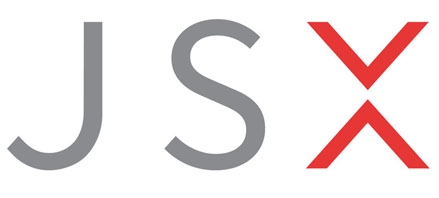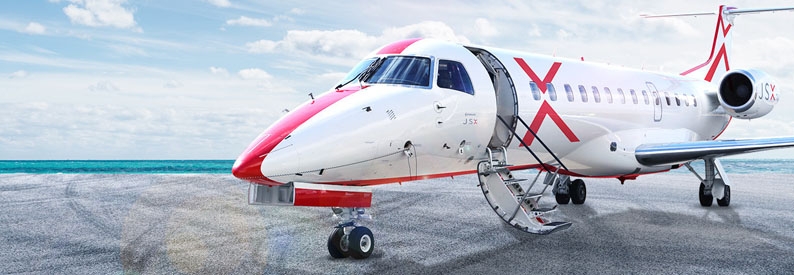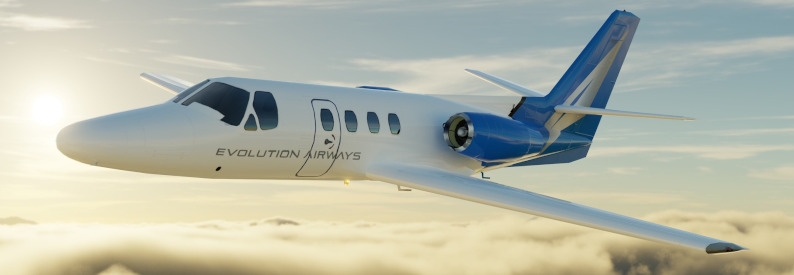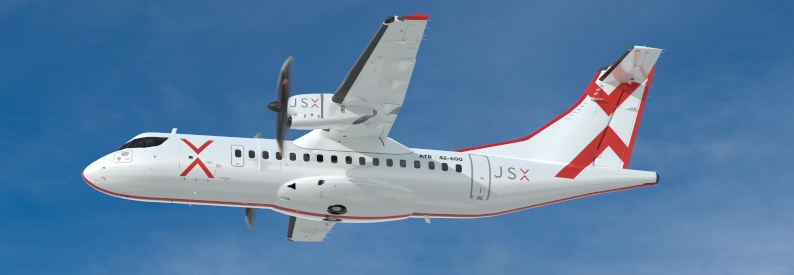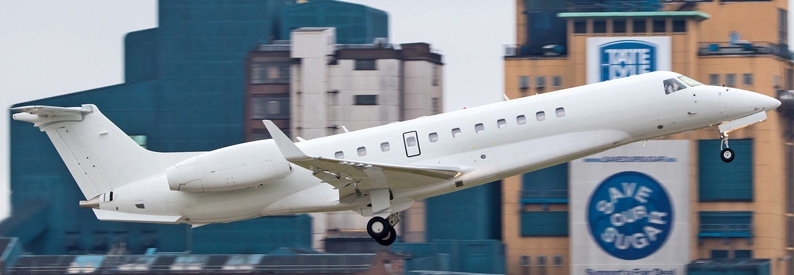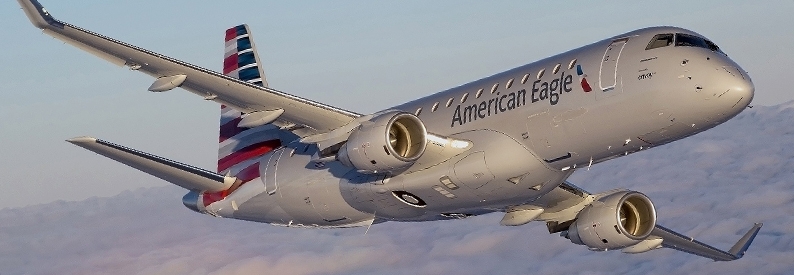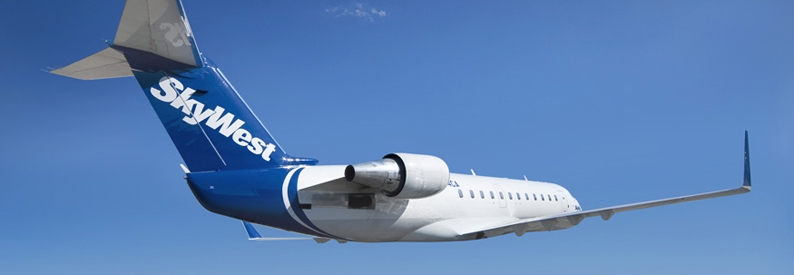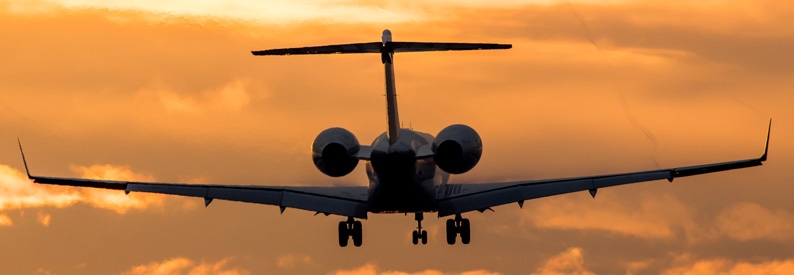The United States Transportation Security Administration (TSA) has tightened security rules for Part 380 public charter operators, requiring them to check passengers in more detail and implement prevailing liquid restrictions on carry-on luggage, despite operating from non-TSA-screened terminals.
Private Jet Card Comparisons, a business aviation news website, reported that the new rules were put in place by the now-gone administrator David Pekoske in the final days of President Joe Biden's administration in mid-January 2025.
The amended Twelve-Five Standard Security Program allows Part 380 flights to continue operating from private terminals, but all passengers will now have to be screened with TSA-approved equipment, although not by TSA personnel. Liquid restrictions on carry-on luggage will also be applied. Operators will reportedly have 180 days to implement the changes. The onus of the regulation will be on the operating carriers, not the Part 380-certified purveyors of tickets.
The rules apply to aircraft with a maximum-take-off-weight (MTOW) exceeding 12,500 pounds (5,670 kilogrammes) operated under an FAA Part 135 certificate. This means that some of the very light aircraft used for private charters, such as the PC-12 or Cessna (single turboprop) C208 turboprops, or HA-420, Cirrus SF50, Cessna 510 Mustang, and E500 Phenom 100 jets will be exempt from the rules.
The TSA's decision is independent of the proposed FAA rule on Part 380 public charters. The regulator announced "expeditious" plans to adjust airline operating authority laws to close the existing loopholes in mid-2024, but amid the political transition in the US, the new rules are not expected to be finalised any time soon.
On January 20, 2025, the returning US President Donald Trump signed an executive order freezing for 60 days the implementation of all federal regulations which have yet to take effect. It is not clear whether this would delay or even stop enforcement of the new TSA rules.
Part 380 public charter authority is issued to charterers that sell tickets directly to the public and then contract an airline to operate these flights. The current rules allow them to charter any operator, not limited to Part 121 scheduled carriers, even if the charters are operated as de facto scheduled flights. There is no prohibition on the same company having Part 380 public charter authority and a Part 135 commuter or on-demand permit, which effectively allows it to "charter" its own flights. The largest airlines operating in this segment currently include JSX (United States of America) (with parent JetSuiteX Inc. holding a Part 380 permit), Contour Airlines (operating for parent Contour Aviation), and SkyWest Charter (operating for SkyWest Airlines).
